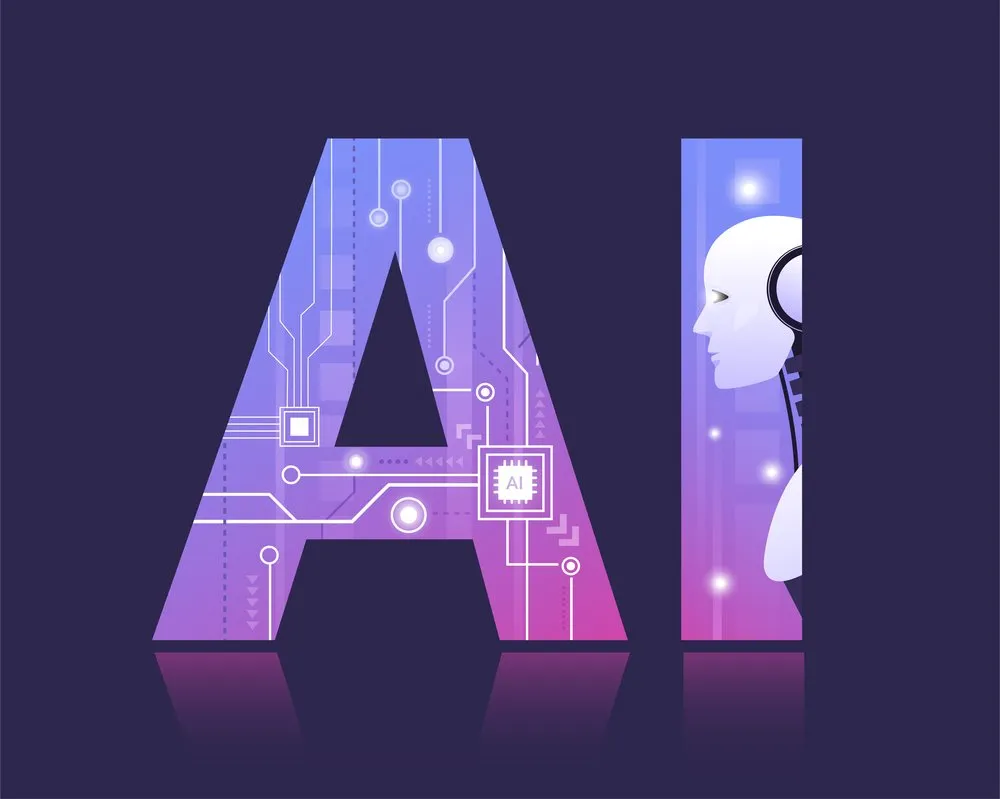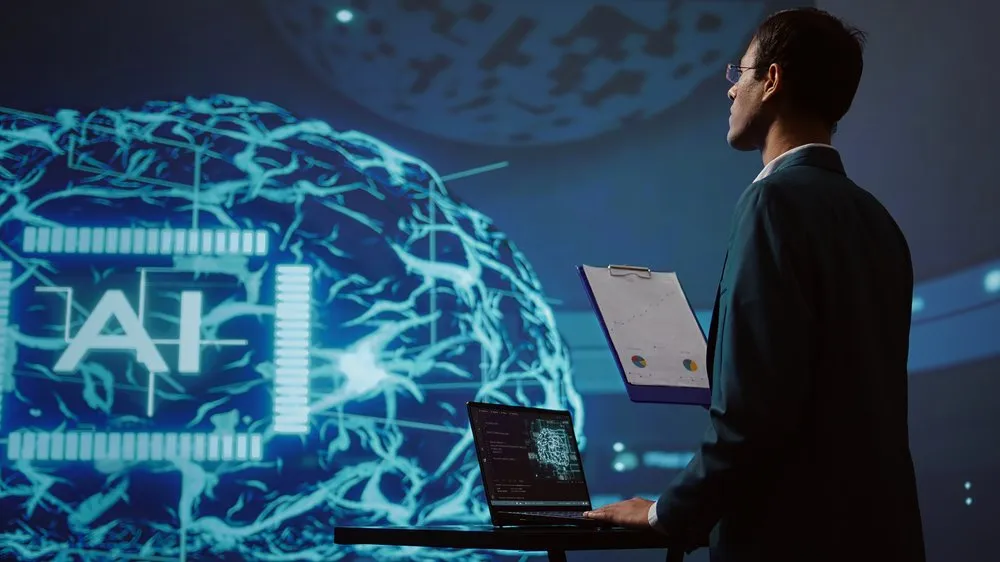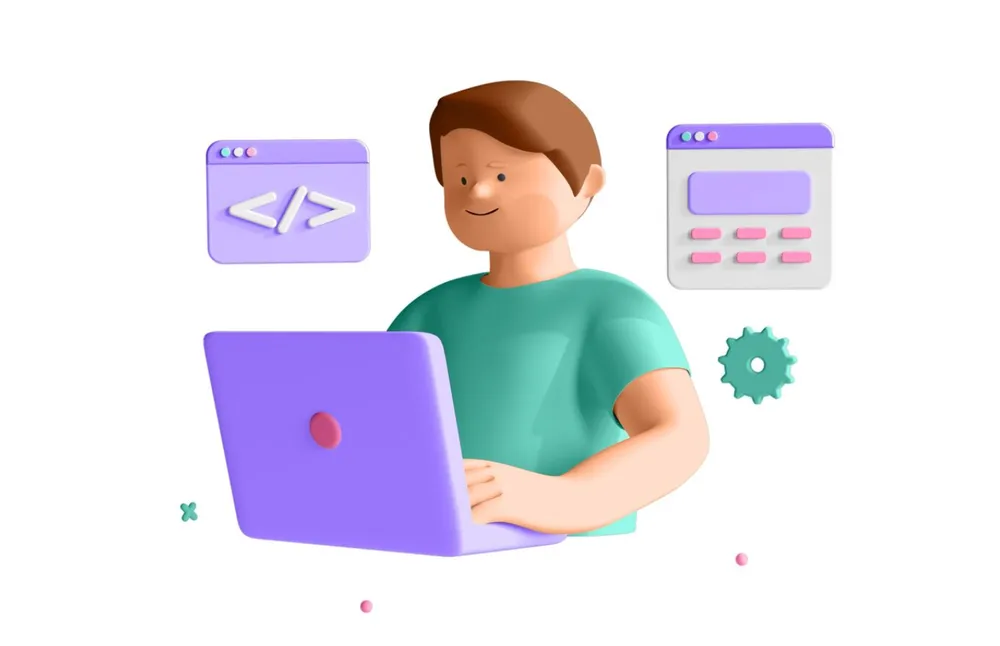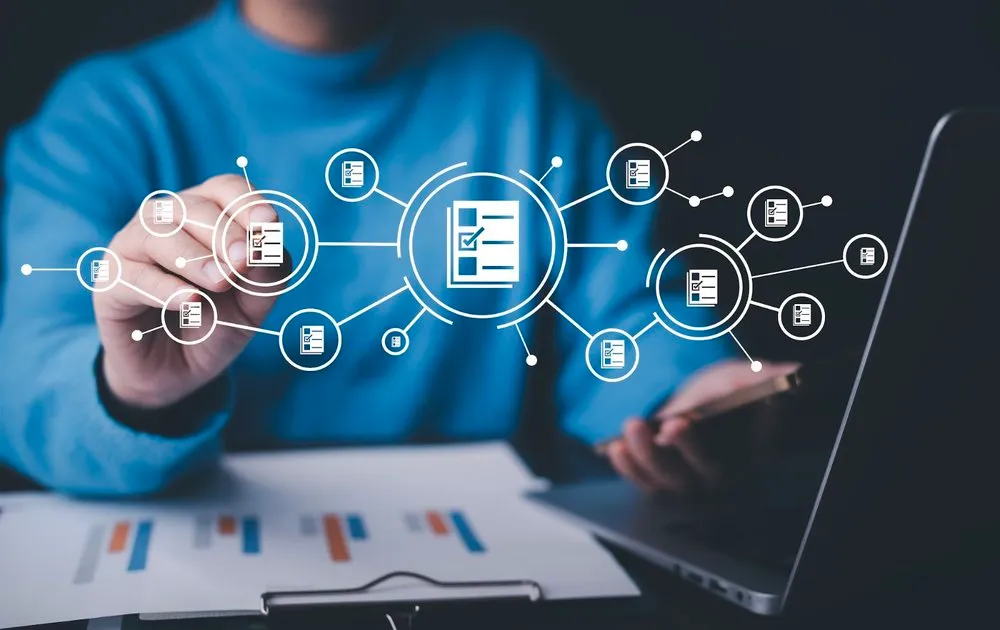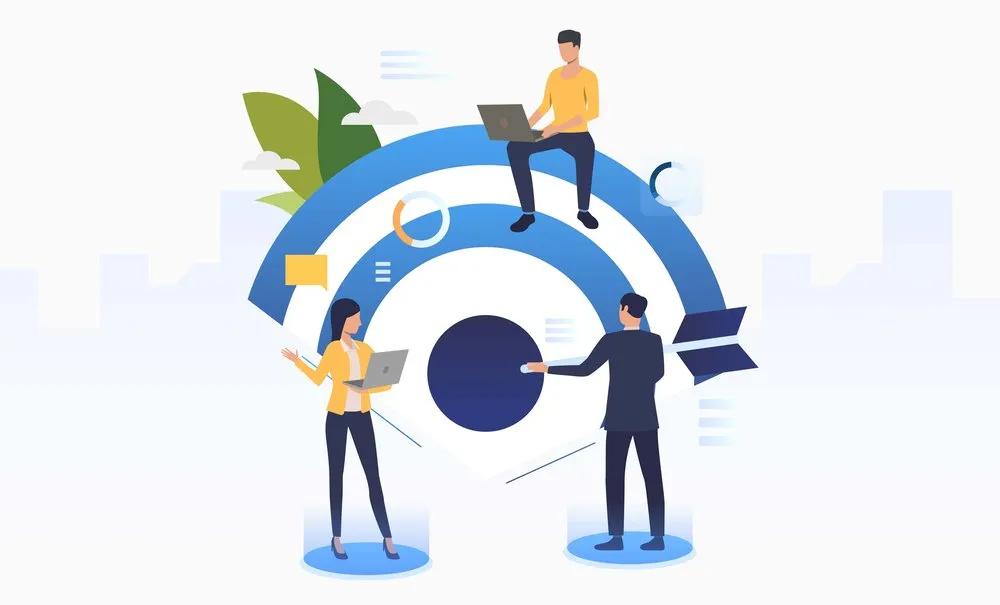AI is no longer just a buzzword—it’s actively shaping how we live, work, and interact with technology. From virtual assistants to self-driving cars, AI has already made remarkable progress. But what’s next? Let’s explore what we can expect from AI in the next five years.
1. Generative AI Will Go Mainstream
Generative AI tools like ChatGPT, DALL·E, and others have already captured the world’s attention. In the next five years, we’ll see these tools become more refined, integrated into daily workflows, and tailored for industries like healthcare, finance, education, and entertainment. Expect AI-generated content, design, and even code to become standard in business processes.
2. Smarter Personal Assistants
Today’s AI assistants can set reminders and answer questions, but the future will bring truly intelligent companions. They will anticipate needs, understand context better, and even manage tasks across multiple platforms. Think of them as digital co-workers or even life managers.
3. AI in Healthcare Will Save Lives
Healthcare will see a major transformation as AI aids in diagnostics, drug discovery, and personalized treatments. AI-powered medical imaging, predictive analytics for diseases, and virtual health assistants will become commonplace, making healthcare faster, cheaper, and more accessible.
4. Ethics, Bias, and Regulation Will Take Center Stage
As AI becomes more powerful, questions around fairness, transparency, and privacy will dominate discussions. Governments and organizations will need to create stronger frameworks to ensure AI is used responsibly. In the next five years, expect new regulations, ethical guidelines, and AI audits to become standard practice.
5. Collaboration Between Humans and AI
Rather than replacing humans, AI will increasingly act as a collaborator. In workplaces, AI will handle repetitive and data-heavy tasks, freeing humans to focus on creativity, strategy, and decision-making. This partnership will lead to new job roles centered around managing, training, and supervising AI systems.
6. AI in Everyday Life Will Be Seamless
From smart homes that adjust energy use based on habits to cars that not only drive themselves but also predict maintenance needs, AI will blend seamlessly into daily life. The technology will become less visible, but more impactful.
Final Thoughts
The next five years will be transformative for AI. While challenges around ethics and regulations remain, the benefits of AI—efficiency, innovation, and accessibility—are undeniable. We’re entering a future where AI will not just assist us but will work alongside us, making technology more human-centric than ever before.
